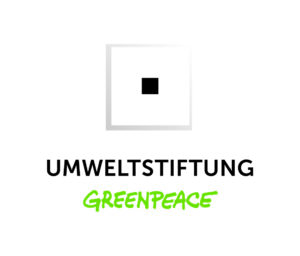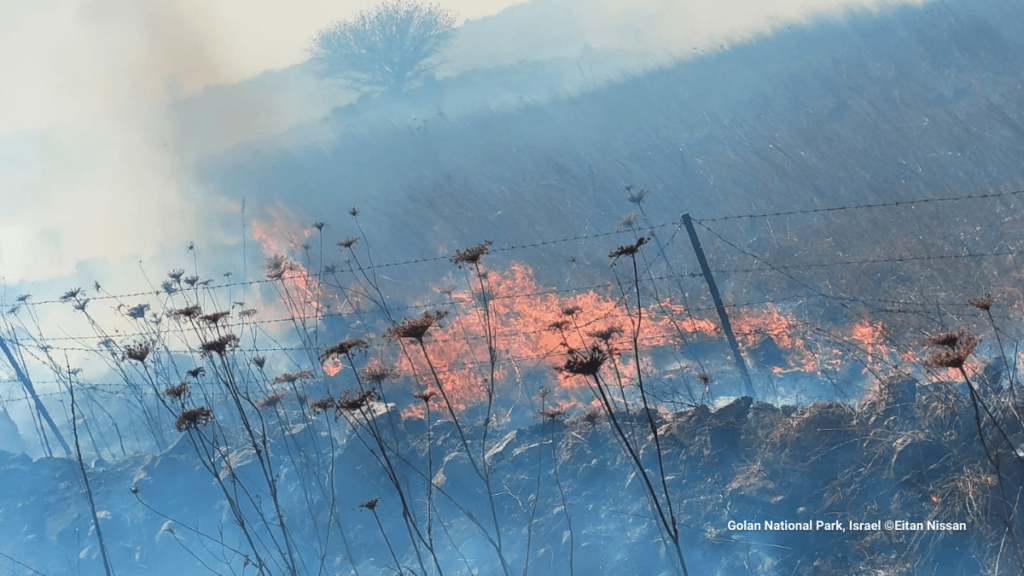They are rangers from two very different regions united by one terrible experience: war. We wanted to understand what this means for the work and lives of rangers and their commitment to nature conservation. On behalf of all rangers suffering from the war, we spoke to Serhiy Kubakov, Director and Chief Ranger of the Ukrainian Desna-Stara Huta National Park, and Ilan Yeger, Chief Ranger of the Israel Nature and Parks Authority and our Vice President. In our interview, they talk about the massive damage to nature and the international network’s valuable support for rangers on site.
How is the state of nature in your region and what are the consequences of war for it?
Serhiy: The Desna-Stara Huta National Park is located in the north of Ukraine, 30 kilometres of which share a border with the Russian Federation. There have been military operations in the park since the first day of the war until today. One of the main consequences is that a large part of the area is contaminated with projectiles, both on the Ukrainian and the Russian side. In addition, a large part of the park has been affected by fire, almost 1,000 hectares. The national park team couldn’t do anything because it was too dangerous to go out there. Even now, when there were again large forest fires caused by military activities in September, access is not possible. The firing from the Russian Federation continued almost without interruption.
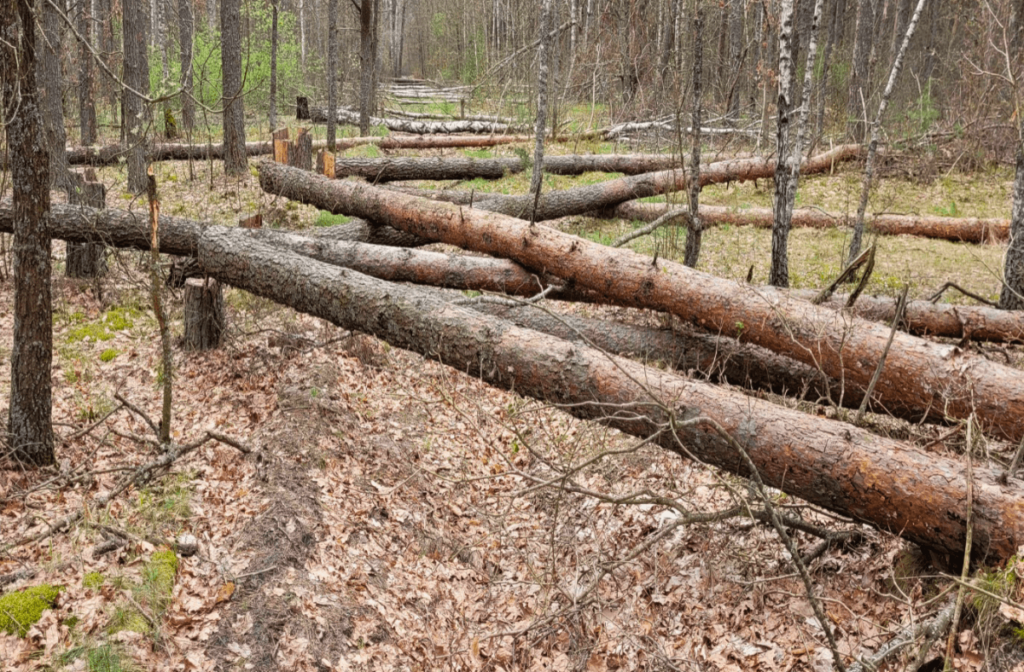
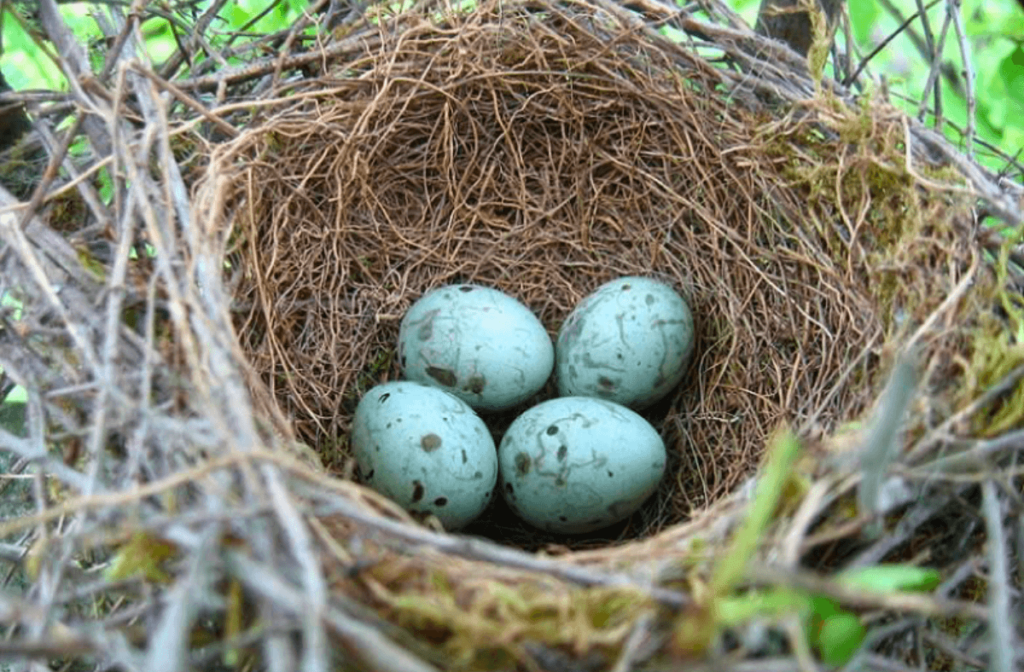
In addition, the military defence is cutting down a lot of wood for the construction of barricades. Flora and fauna are suffering. Animals are very often killed by bullets lying on the ground or military actions. The total damage to natural resources and ecosystems cannot yet be quantified. However, as the Desna River within the national park was a huge corridor for bird migration, it is clear that the war has destroyed many habitats, nesting sites and the birds’ migration route.
What are the effects of war in Israel, Ilan?
Ilan: A ranger and his child have been taken hostage. His son has since been released, but with his father we still don’t know where or how he is. One ranger is seriously wounded and we hope he will recover. 15 rangers’ houses in the south have been completely destroyed. And we have about 90 families of rangers from the south and north who had to evacuate their homes. In addition, about 300 rangers had to join the military. These 300 rangers are part of the 500 field rangers.
The lack of manpower in Israel is affecting nature: Farmers whose land is no longer
protected from wildlife by rangers spread poison and set a vicious circle in motion
So the biggest problem we have is manpower. This is affecting patrols and the protection of flora and fauna. And we are already feeling the damage. The farmers, for example, need our rangers to protect their crops and animals from damage by wild animals. As they are not available now, they are using poison instead. And then the chain reaction starts: if you put poison out for the coyote, the vultures will eat it as soon as the coyote is dead, and so on. And we are currently at the height of the bird migration from Europe to Africa that is massively disturbed by war.
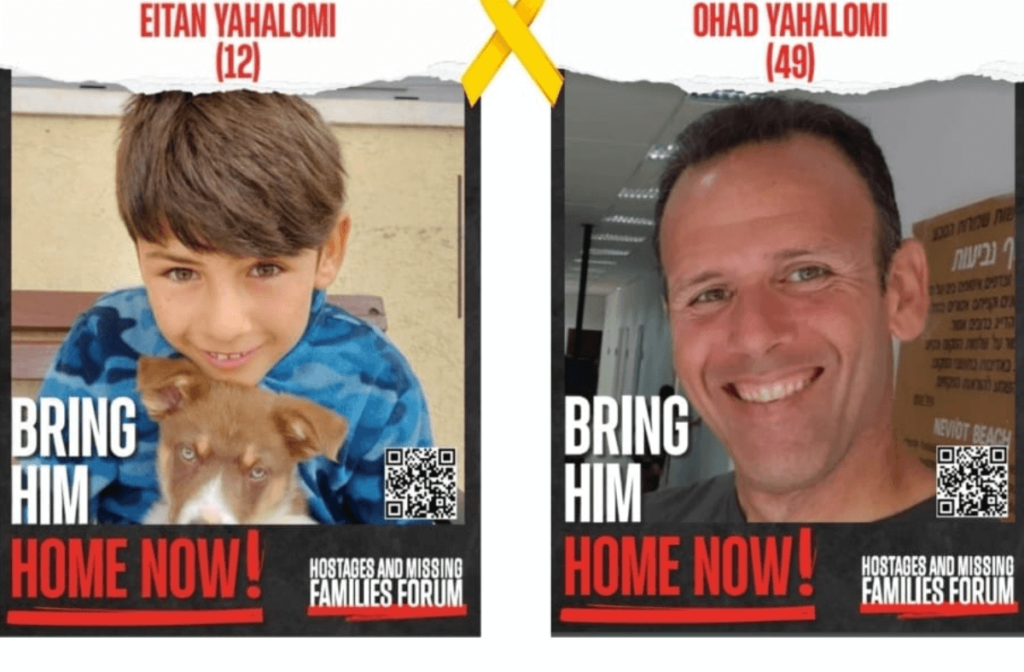
And like in Ukraine, we also have problems with fires caused by bombing. Sometimes we can’t fight the fires because it’s too dangerous for the rangers to go there. A large part of the Israeli military is stationed in protected areas, which increases the damage to nature there. We know that we have a lot of reconstruction work to do after the war.
In which ways are rangers and staff in your national park affected by war, Serhiy?
Serhiy: One task that all our rangers are currently involved in is repairing damage to the natural systems. And the area, which is no further than 15 to 20 kilometres from the park centre, can be patrolled because it is safe at the moment. This is important because, despite the war in the country, illegal fishing and hunting have not stopped, so we continue to fight poaching. Of the 70 people working in the national park, many are in the army, as in Israel, and our staff have also been injured. One of the rangers was even killed. Many others have had to move to safer places. There are now only ten rangers working in the park and four in administration and environmental education.
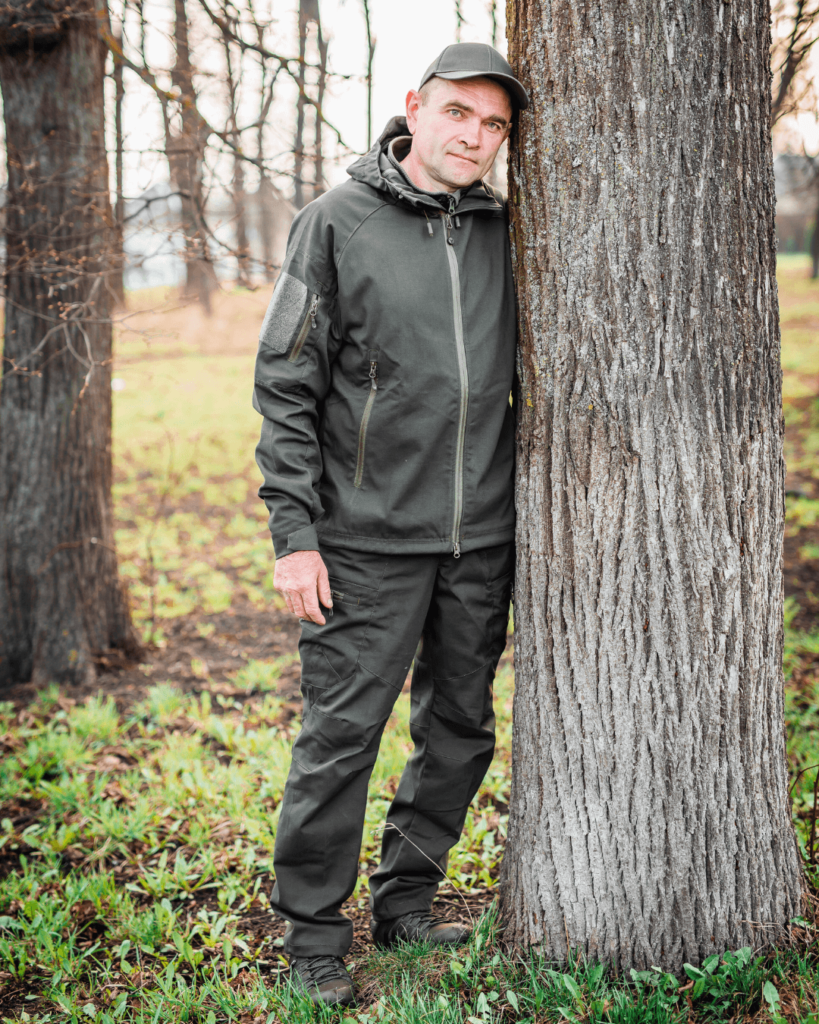
“Most important now is planning the removal of unexploded ordnance. We need to start looking for funding and teams to start as soon as war is over. The entire infrastructure of the national park was destroyed and many of the rangers’ houses. But repairing can only start after war.”
Serhiy Kubakov, Director of the Ukrainian Desna-Stara Huta National Park ©Garkavenko S.
For a while we had problems with the patrols: We had three cars that we used for this. Because of the war, we had to hand two over to the army and one was damaged by shelling. However, since we have many friends and international contacts, our Lithuanian and Estonian colleagues provided us with three replacement vehicles. Because it is unsafe to carry out ranger work in large parts of the park, the rangers work remotely a lot, for example in environmental education.
As for the other rangers we are awaiting scientific evaluation on the damage of the ground right now to see where we can re-enrich the soil with new input from the forest soils around the park. We also need educational courses on how to avoid the dangers of mines, which are still buried in the ground as explosive remnants of war not only in the national park but also in residential areas. All rangers must now be trained to defuse these mines.
Rangers need psychological help. Visiting fellow rangers in Europe already brought some relief for Ukrainian rangers. Environmental education programmes for children would also be helpful
Which support do rangers need at the moment?
Serhiy: As long as the war continues, it is very difficult to make an assessment. For example, a building in the national park was bombed. We replaced the windows and doors. But the very next day it was damaged again. One of the most important problems from a strategic point of view is planning the removal of unexploded ordnance from almost the entire area of the protected areas. We need to start looking now for funding and teams to start as soon as the war is over. In addition, basically the entire infrastructure of the national park was destroyed and many of the rangers’ houses had to be evacuated. We are still helping the families, while the rangers themselves have resumed their work. But the help we now need on the ground to repair and restore everything can only be provided after the war.
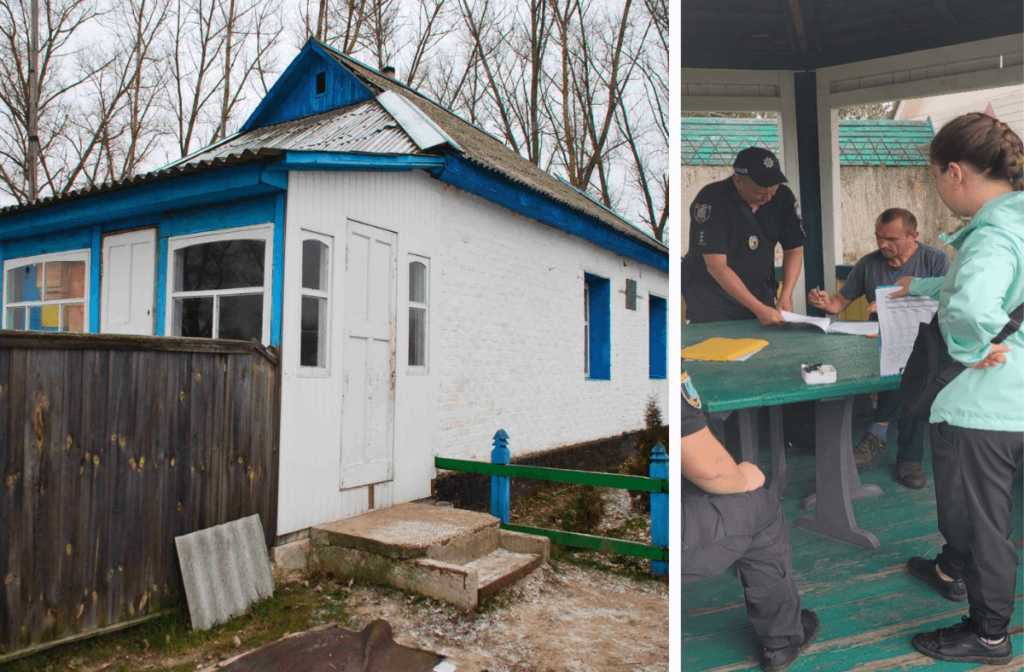
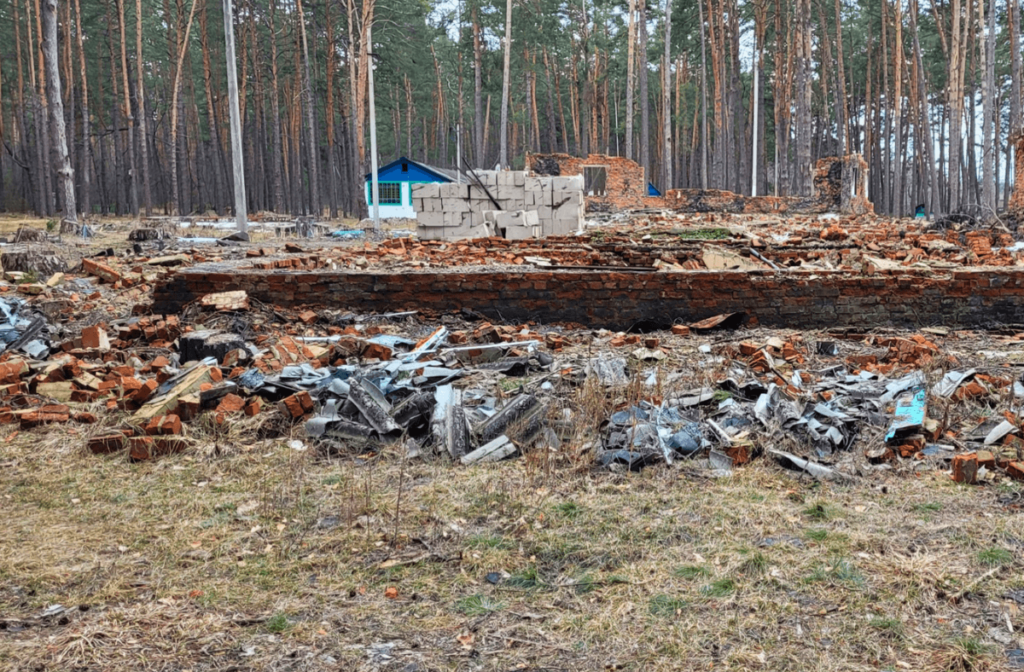
Many rangers also need psychological support. There are workshops or study visits to other European countries for them to get to know their colleagues and their work in the protected areas. That can bring a certain amount of relief. There may also be educational programmes for their children. And of course they have lost a lot of equipment that needs to be replaced after the war.
Ilan: As Israel is a very small country and the war affects the south, north and centre, we also lack equipment. We need protective equipment such as helmets and body armour, because the Rangers often patrol in areas where there are rockets, bombs and shootings. But protective equipment goes to the military first. So we are looking for funds to buy the items we need.
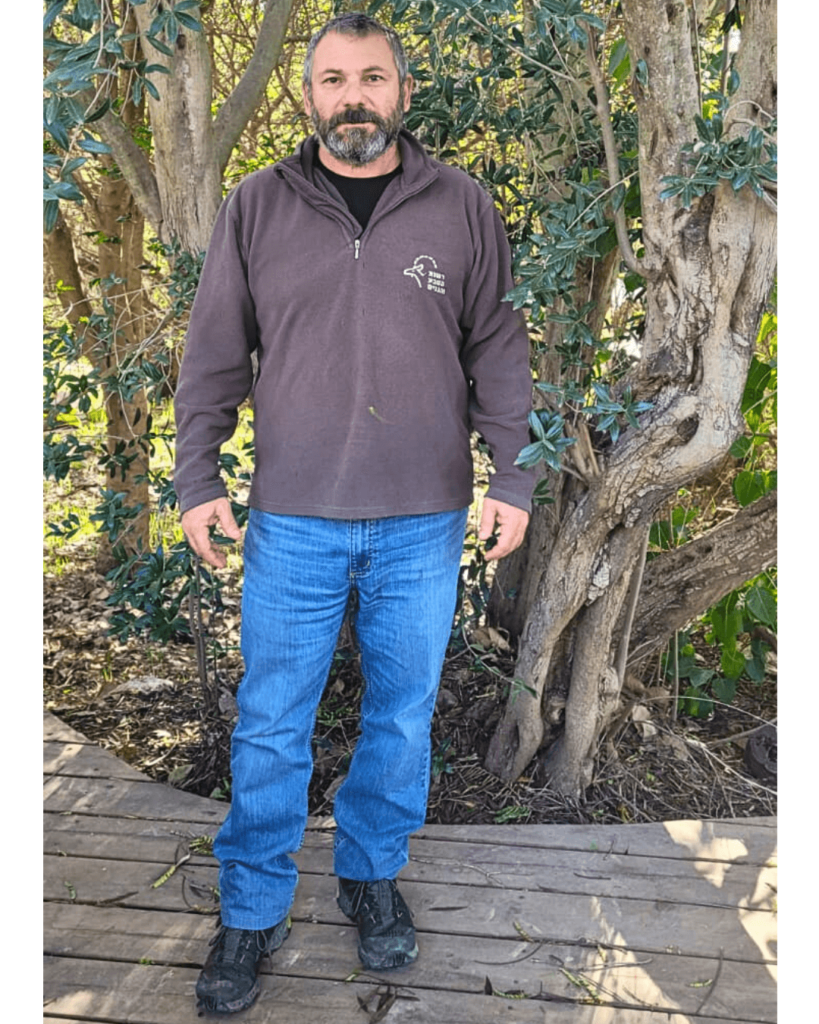
“My team and I travel all over the country to see what the families of the rangers need that have lost their homes. We are also trying to provide psychological support to the rangers and their families, who went through unbelievably horrific experiences during the attack on 7 October.”
Ilan Yeger, Chief Ranger of Israel Nature and Parks Authority and ERF Vice President ©private
Since the war, we have an emergency room that works 24 hours. Whenever rangers go out, they have to call to say so, as well as when they are back. In addition, instead of one ranger who normally patrols alone, there are now two rangers patrolling these regions. We also support the families of rangers who are in the army or have had to leave their homes. We do this with money, as they have had to leave all their possessions behind. We also try to meet them. For example, my team and I travel all over the country to see what they need. We are also trying to provide psychological support to the rangers and their families, who went through unbelievably horrific experiences during the attack on 7 October. In the long term, we, the European Ranger Federation, need to offer psychological support not only to rangers who have experienced war, but also to rangers who are experiencing hard-to-digest things in their role as first responders to other conflicts and disasters such as forest fires.
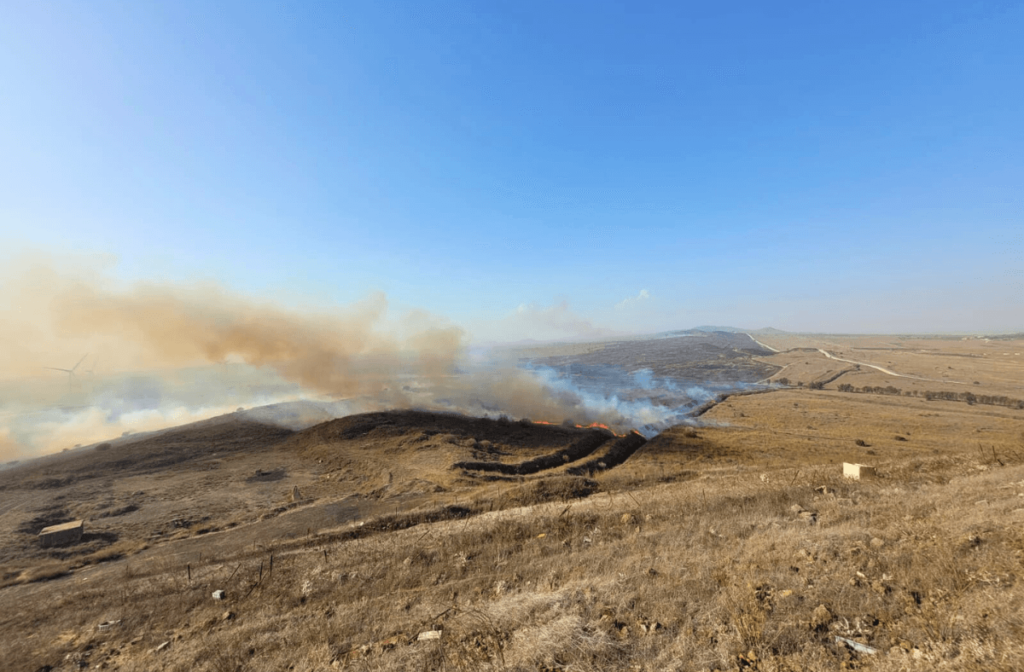
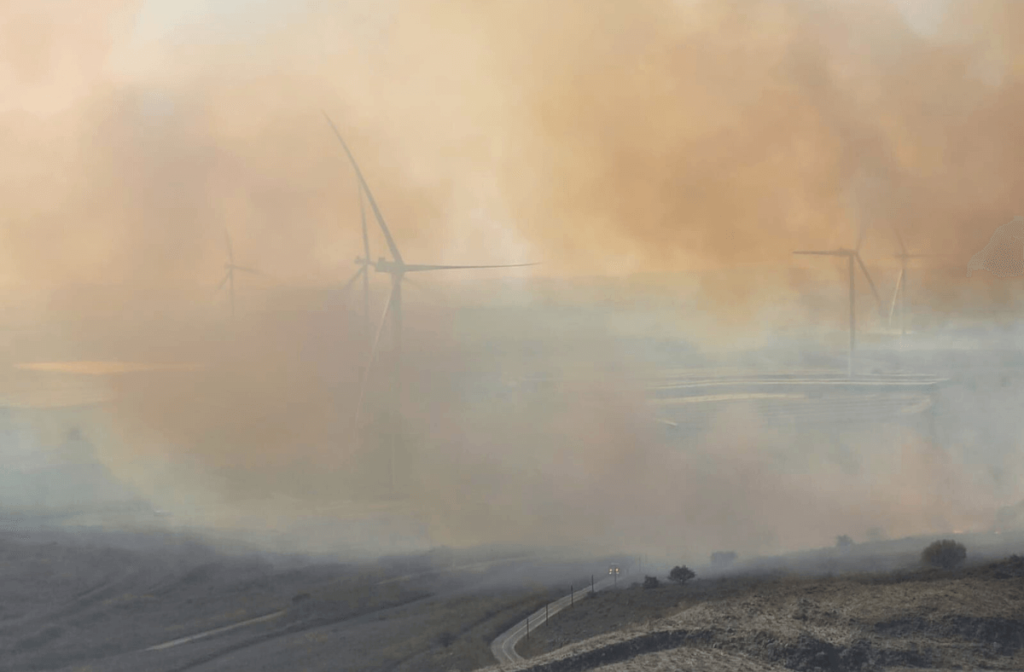
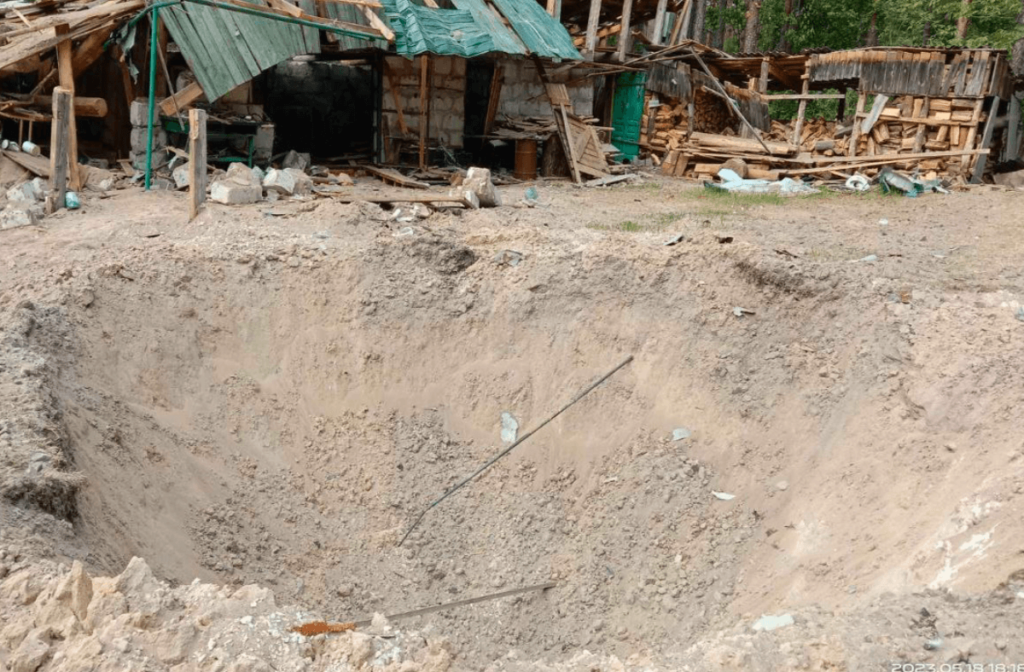
How does the international network help you to cope with the situation? And what else would be desirable until war is over and international reconstruction aid is needed?
Ilan: We have a twinning project between Israeli and German rangers, who have been exchanging ideas through mutual visits for five years. Many rangers have become friends. The support they give us now, such as daily messages asking if we are doing well, is a very strong mental support for the rangers. Sometimes you don’t need money or material, you just need someone to ask for you. But we have also received donations from fellow rangers to support colleagues who are now without a home, not big money but also a great sign of support from friends who don’t earn much.
Sometimes you don’t need money or material, you just need someone to ask for you. Passing
on information about the situation of the rangers in the war means sharing their terrible fate.
We would very much appreciate if international ranger NGOs beyond the European Ranger Network would also pass on information about the situation of the rangers due to the war. Because this is not a political issue. It is about sharing the terrible fate of rangers and the massive destruction of precious natural resources.

Serhiy: I would like to thank all our friends from all over the world. In addition to the help of colleagues from Estonia and Lithuania, we are cooperating with the Michael Succow Foundation from Germany, which has bought generators to secure our power supply. Last year and this year they also bought Christmas presents for the children of the employees of our national nature park. As Ilan mentioned, this is very much appreciated as important mental support. The Frankfurt Zoological Society, Germany, has been helping us since the first days of the war with logistical support and products such as blankets, medicines and other things that the people here need. We are very grateful for all this. I would also like to thank all the protected areas of Ukraine for their invaluable support and the Department of Nature Protection and Biodiversity for helping us to get through the past winter.
editorial work for this
content is supported by
